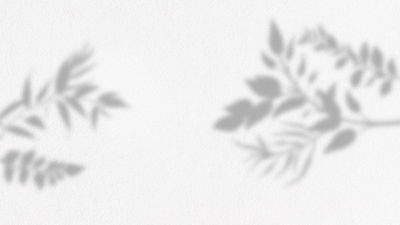
You are reading
Solace in Anger
A case submitted by
Trang Dang
Every loss of life, any life, is tragic. By any life, I want to include the nonhuman. I came to discern the magnitude and severity of these losses in my early 20s. Ever since, there have only been more losses, and they have haunted me, becoming my existence.
When I was 16, I left Việt Nam to come to the UK for education. Recently, I’ve completed a PhD in climate fiction and eco-philosophy. I used to visit Vietnam every year until COVID broke out in 2020. After that, November 2022 was the first time I got to go home again. I find it hard to tell a story of the transformation of my home, because I grew up in an ever chaotic, busy, but beautiful Hà Nội, because for as long as I can remember, Hanoi has always been full of houses and buildings and alleys and shops spilling out into the streets. In November 2022, I did notice more houses, more buildings, more bridges, more construction sites, but my memories of Hà Nội have always been without other life.
So the story I want to tell is not based in Hanoi. It’s based in an island in the South of Vietnam, Phú Quốc, told from my imaginary and embodied memories.
Sitting in a cable car hundreds of meters up, put there by a corporation that now dominates almost every (wild) corner of Việt Nam, I witnessed the beauty of our country with pain. Patches, big and small, of islands dotted in the vast turquoise-blend-emerald sea. Small ones, impossible to inhabit and exploit, left alone, covered in thick greenery. Big ones, big enough to inhabit and exploit, get inhabited and exploited. The cable car took me slowly past a construction site. Something you saw in nature documentaries, online news videos, pictures. Now I got to witness it in real life. Massive trucks and cranes busy clearing the earth of inconveniences—trees, birds, insects, reptiles, leaving their tracks, their crimes, brown blood on their hands, as they went. Patches of pristine forests made way for hotels, spas, resorts, leisure parks. Some small patches got lucky. They were left alone so as to make beautiful the paths built as part of hotels, spas, resorts, leisure parks. The cable car took me slowly past the construction site. I wept silently for the life, any life, that was there. I tried to imagine what it was like for them to have their home destroyed. I tried to imagine what had become of them now—the life, any life, that had lived there. “Where were they? How many of them were left? Where would they go? Would they be able to carry on?” I wept silently, while tourists around me cheered loudly how beautiful our land and sea were. I screamed silently, “Can someone care?”
Phú Quốc wasn’t where I was born. I’ve only seen it twice. I wouldn’t know what it looked like in the past, could only imagine, like the way I imagined what it could have been like before the trucks and the cranes arrived. But, enduring thousands of years of colonisation and invasion, by the Chinese, the French, the Japanese, and the American, our country has taught me well to love it, to cherish it, to be proud of it. But I love not, never will, can never bear, can never forget and forgive, what some or many of our people have done to our land and sea. In history books, we learned how the land protected us, how the terrains gave us advantages and refuge, how it made ourselves dangerous, made our enemies fall, how our resources sustained us, how rich they were, but look at what is being done to our land, our sea, our resources. We are destroying, exploiting, and killing what has saved us. We are stripping ourselves of what we tell ourselves to hold dear, to love, to cherish, to be proud of. My heart broke for every life that lost to the hands of the rich, the greedy, and the needy who had no choice but to give in.
Telling this story has brought all the emotions back, the emotions that I had felt while being on the cable car. The bitter anger, the utter disappointment, the deep sadness. But I chewed over them just as I’m chewing over them now, telling this story. Because as strange as it might sound, these emotions keep me alive. They remind me that I still care, I still love not just the land to which I belong but also the Earth as a shared planet. They remind me that there’s still a point in life, and that point is keeping on fighting, doing what I can in any capacity to help reverse our ecological situation. And to me, there’s solace in that. A comfort that is painful and hopeful all at the same time.

